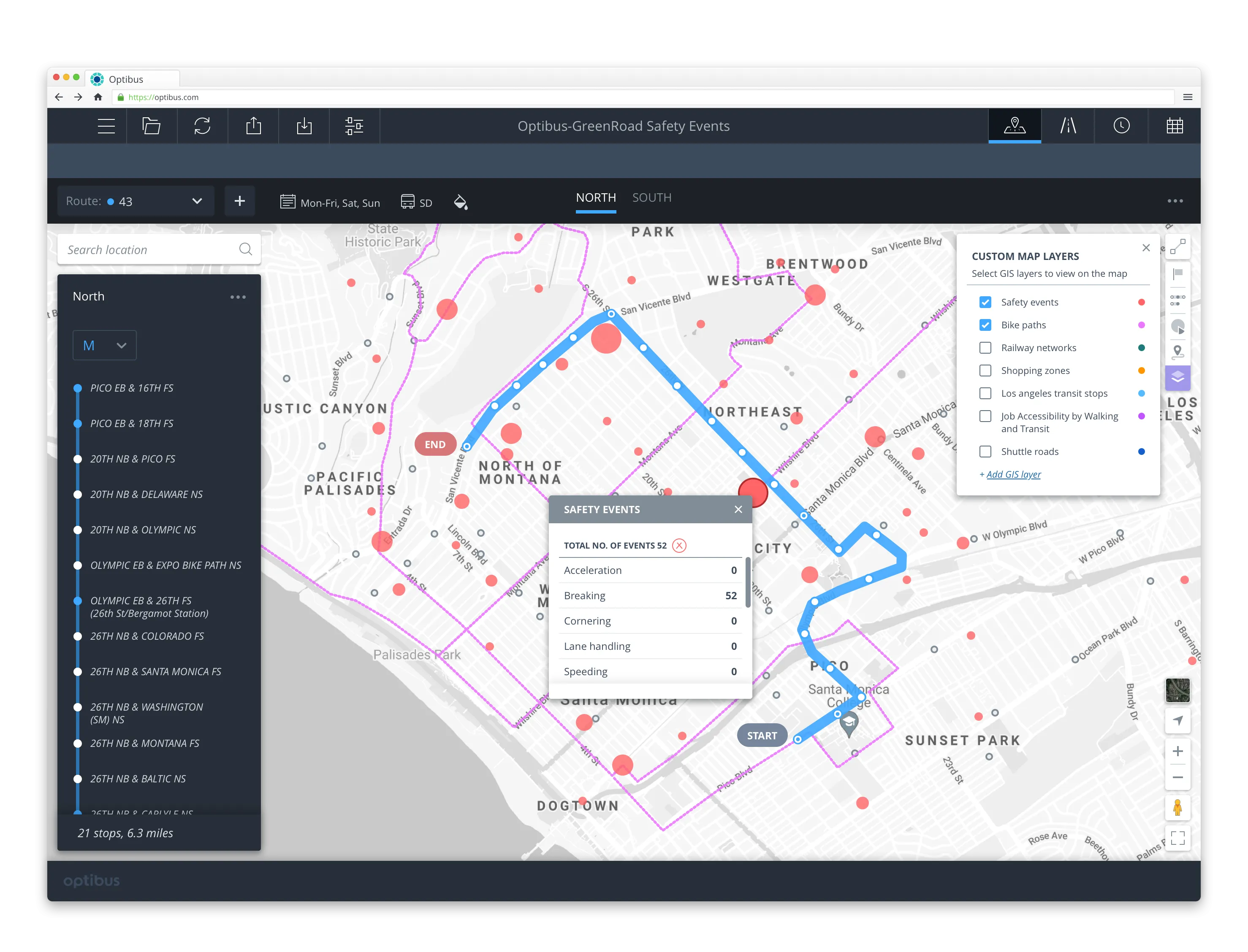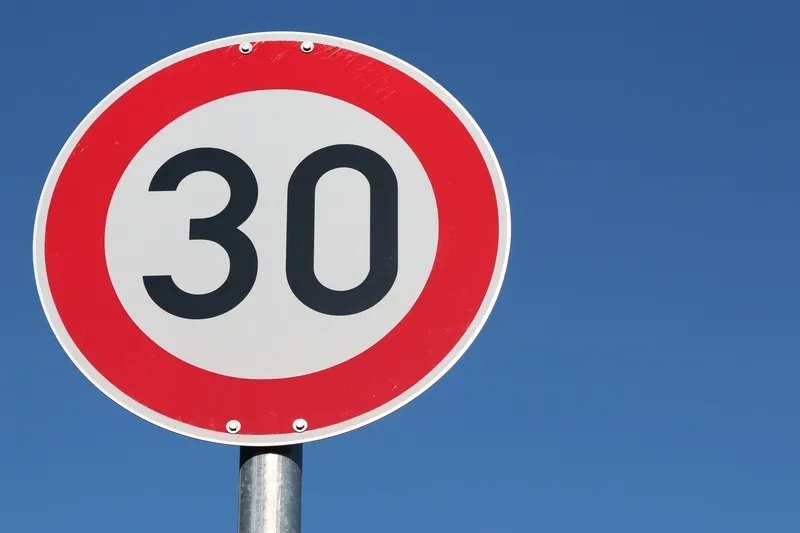SmartDrive Systems, a specialist in fleet safety and operational efficiency, has announced the results of its Public Transit Fuel Efficiency Study, which reveals that transit fleets can reduce fuel consumption on average as much as 18.7 per cent, saving nearly US$3,400 per vehicle annually, by engaging in fuel-efficient, eco-driving best practices.
April 2, 2012
Read time: 1 min
RSS639 SmartDrive Systems, a specialist in fleet safety and operational efficiency, has announced the results of its Public Transit Fuel Efficiency Study, which reveals that transit fleets can reduce fuel consumption on average as much as 18.7 per cent, saving nearly US$3,400 per vehicle annually, by engaging in fuel-efficient, eco-driving best practices.
“Our study documented a significant opportunity to increase fuel efficiency by addressing the 84.8 per cent of fuel waste that can be improved through softer driving. The study also shows that training and real-time in-cab feedback combine to dramatically lower the incidence of wasteful manoeuvres,” said SmartDrive president Jason Palmer.
To further help drivers improve their fuel efficiency, SmartDrive has just released a short eco-driving training video, designed specifically for public transit. For a copy of the training DVD and the SmartDrive Public Transit Fuel Efficiency Study, visit www.smartdrive.net/transit.
“Our study documented a significant opportunity to increase fuel efficiency by addressing the 84.8 per cent of fuel waste that can be improved through softer driving. The study also shows that training and real-time in-cab feedback combine to dramatically lower the incidence of wasteful manoeuvres,” said SmartDrive president Jason Palmer.
To further help drivers improve their fuel efficiency, SmartDrive has just released a short eco-driving training video, designed specifically for public transit. For a copy of the training DVD and the SmartDrive Public Transit Fuel Efficiency Study, visit www.smartdrive.net/transit.








